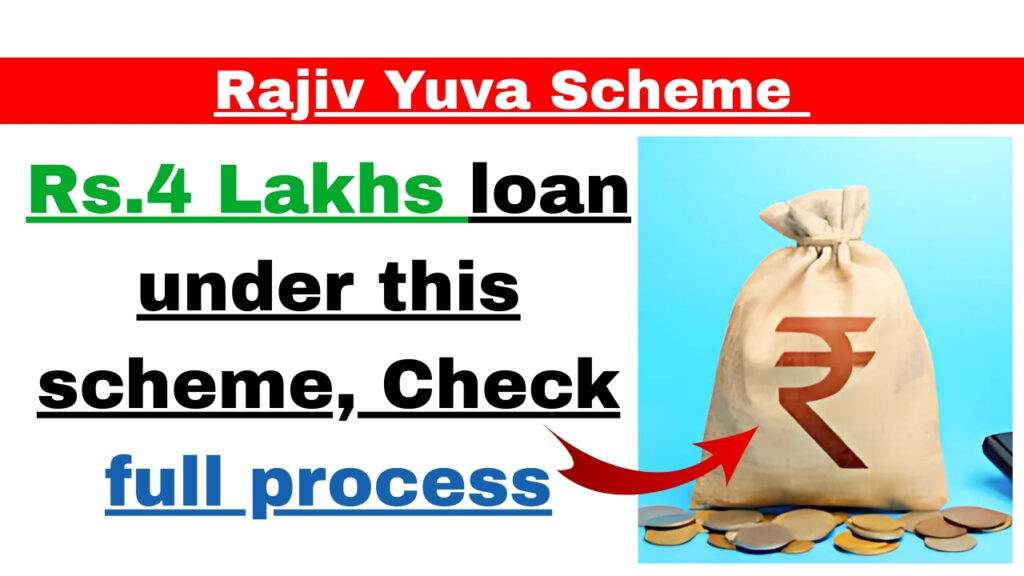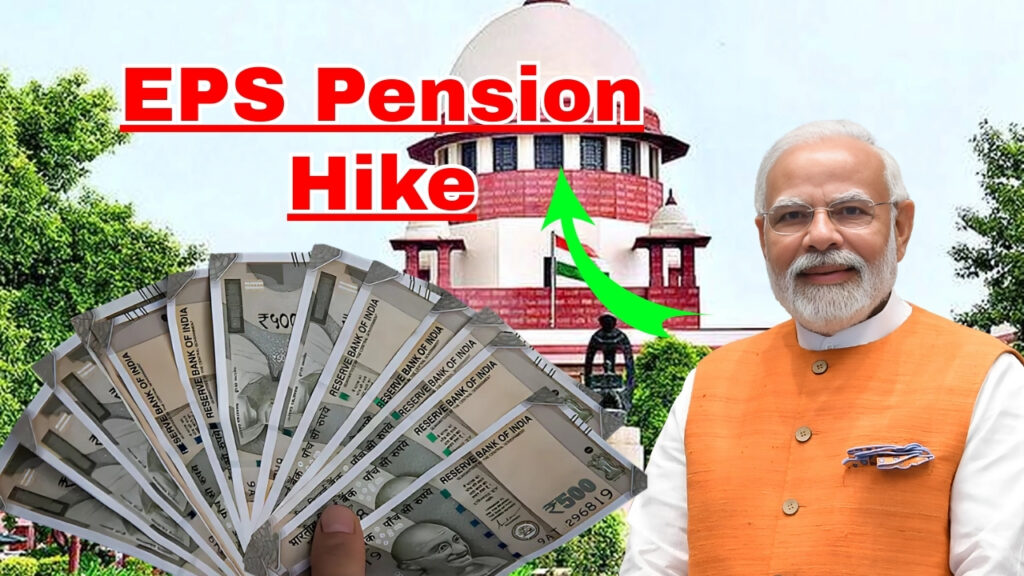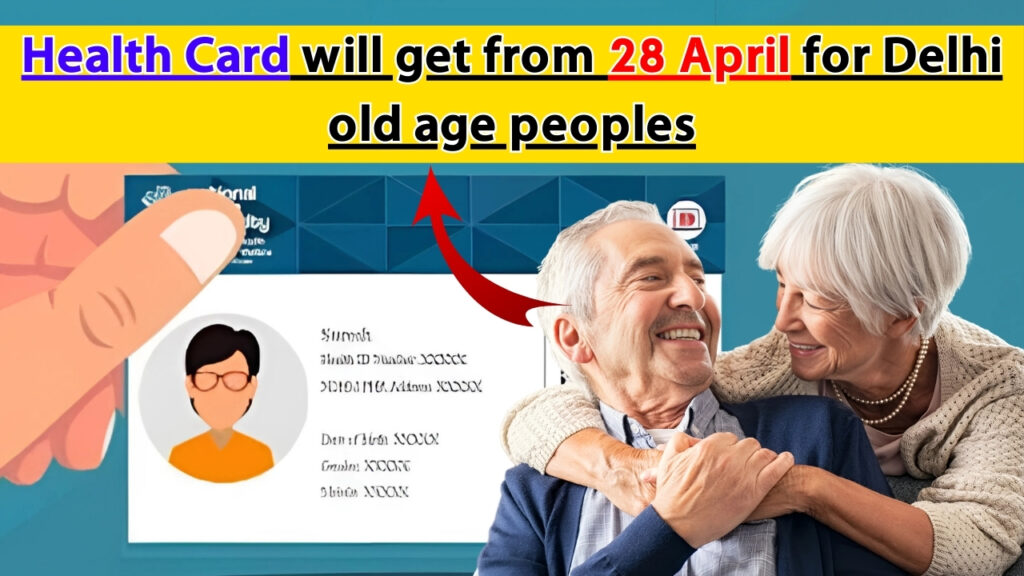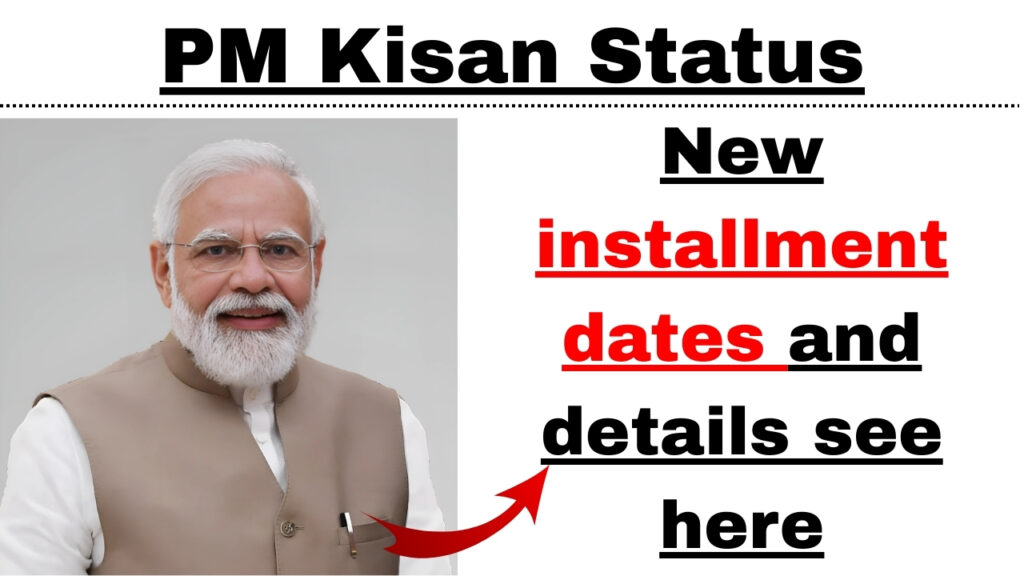8th Pay Commission : The much awaited 8th Pay Commission is coming soon which has created a lot of excitement and enthusiasm among the government employees through out the country.
This key institution intervention marks an important moment in the continued development of government pay and can transform the financial future of millions of hardworking public servants.”
The pay commission is a clear indication of governmental willingness to regularly review and fine-tune compensation polices that must always adapt to both the changing economic environment, the needs of professionals and the increasing complexity of public sector jobs.
Table of Contents
8th Pay Commission History and Progression of Pay Commissions

Pay commissions have in the past proved to be effective in creating a structure around the compensation of government employees addressing systemic issues and executing substantive reforms.
The introduction of these commissions has heralded significant changes in remuneration of government employees in India, something every Pay commission tends to build upon the improvements made by the previous one.
The way from the 1st Pay Commission to the 8th Pay Comm simultaneously denotes a sophisticated appreciation for the interplay between Government employment, economic trends and professional aspirations.
8th Pay Commission Detailed Comparison of All Previous Pay Commissions
Earlier pay commissions, as is evident from their reports, have done an excellent job and taken an all-inclusive view of the various attributes of the government job.
Such broadbased reviews have generally been characterised by complex evaluations including basic pay systems, allowance formulae, retirement benefits or performance-based compensation schemes. Shocker I know.
The end result of this careful review process is that government employees are paid packages that are not just price-competitive, but also based on broader national economic requirements, and also aligned with institutional efficiency aspirations.
Expected 8th Pay Commission Likely to grant group ‘A’ army officers recommendation may be implemented with the 7th Pay Commission Instant…. inter-alia the following) are made.
8th Pay Commission Salary Reframing and Financial Matters
An in-depth and detailed examination is envisaged by the 8th Pay Commission with respect to current pay structures which should be based on a number of rational parameters.
Economic measures, inflation influences, cost-of-living adjustments and progressive policy roles of the Government seem likely to serve as the foundation of fuller salary recommendations.
Govt Employees are especially optimistic about the Reforms in Basic Pay Scales, Rationalization of Allowances and Introduction of Clear and Meritocratic Pay Systems.
8th Pay Commission Technology Adoption and Skill-biased Compensation
In a world of fast evolving technology, the next pay commission is expected to bring compensation practices that recognise and reward digital traits and niche skills.
This future-focused viewpoint indicates a possible paradigm revolution in terms of traditional, grade-based pay structures as opposed to an ever-evolving skill-based approach.
The commission could explore options that reward ongoing learning, technological acumen, and professional growth for government employees.
8th Pay Commission Possible Drawbacks and Tactical Implications
Fiscal Responsibility and Balance in the Economy
The 8th Pay Commission’s biggest task would be striking a judicious balance between the seventh pay commission and the national fiscal situation.
pretty tricky economic waters, they have to consider whether a salary structure they’re proposing is financially viable over the long term, and on the same token, that it also serves as an effective way to motivate and retain people.
This calls for an evolved approach that takes into consideration long-term economic repercussions even as it meets the immediate compensation requirements of those working for the government.
8th Pay Commission Sector-Specific Specificities And Differentiated Approaches
Acknowledging that there is no homogeneity in the services that a government provides, the pay commission would have to come up with nuanced recommendations which would cater to specific needs of the sectors.
You have several different departments and service lines which have different issues – operationally – and so the compensation should be different.
This requires a detailed knowledge of the roles of the different arms of government and the professional ecosystems in each.
8th Pay Commission Comments on Various Categories of Employees
Central Government Employees
Employees of the Union government can look forward to full reviews of the current pay package with a possible push for more transparent and performance-based pay systems.
“Smart compensation systems boost morale and prevent disputes,” says Earls.’,’The commission will look into creating systems for pay that provide not just income but “strong career ladders” that ensure dignity and respect for educators, Earls says.
State Government Employees
For state government staffers, pay commission recommendations could lead to increased regionalisation of salary structures, based on economic conditions and individual state variables.
This method could create more context-specific wage scales—which will correspond to different local economic realities.
Prospective Time Scale and Implementation Strategy
Even though nothing has been made concrete yet, early indications appear to imply that the implementation of the recommendations of the pay commission is likely to be a gradual and structured process.
Observers predict a timetable that would includ early meetings, draft recommendations and a phased-in rollout to prevent too much disruption and facilitate transition among the various agencies.
8th Pay Commission Suggestions for Government Employees in Trip Prep
Professional Development
Civil servants are encouraged to pay more attention to continuous skills upgrading, especially in technology.
Acquiring interdisciplinary skill-sets and having up-to-the-minute professional credentials could, however, position people favorably for if future skill-based payment systems come into play.
Strategic Awareness
“Being updated with official announcements from source, being mindful of the dynamic compensation trends and being proactive in your career will be the key to ride the tide of any changes which the 8th Pay Commission brings.
8th Pay Commission Conclusion: Government Employment Forces Change
The Eighth Pay Commission is about more than just a periodic review of government remuneration; it is about the possibility of a changing employment order in government.
In addressing the difficult issues of compensation, adjusting to new technological changes and crafting more flexible career structures, the commission itself can greatly improve the quality, motivation, and productivity of public service.
As government workers and stakeholders look forward to the specific recommendations, there’s a sense of anticipation and hope in a more fair, open and forward-looking system of compensation.









